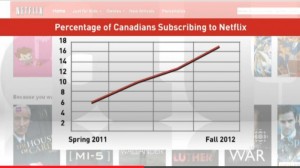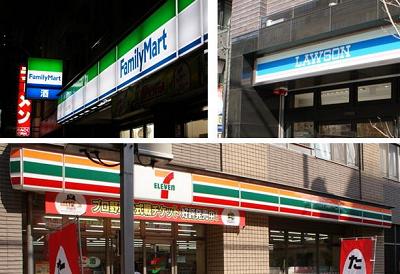background:
According to a new report of CRTC (Candian Ratio-Television Commission), one-third of Canadians watch TV online, which force them to face the challenges given by some popular services like Netflix.
Issues:
- growing decrease in customers
- lack suitable strategy to satisfy fast-changing customers’ tastes
Analysis:
Once CRTC was seen as a gatekeeper of Canadian TV programs, but now it gradually loses its domain situation. As a customer, convenience and various choices will be the first concern when they choose a item. Compared with Netflix, CRTC apparently has less competitive advantages. Instead of turning on the TV, customers can watch the program wherever they want by using their computers, smartphones and tablets through Netflix. Moreover, if they watch the TV, they just have several choices. However, when they use Netflix, they can choose what interested them to watch. In conclusion, changing the strategy is high on the agenda of CRTC.
Recommendations:
- keep in touch with audiences in order to gain better information so that a better forecast can be expected, profits ensues.
- do specific analysis on customers’ tastes, using that information to realize the customization.
- enhance products quality that satisfy customers(i.e. dramas, entertainment programs,talk shows), and then keeps its patent, increasing audiences’ loyalty.
source:
http://www.cbc.ca/news/politics/one-third-of-canadians-watch-tv-online-crtc-says-1.1869095


